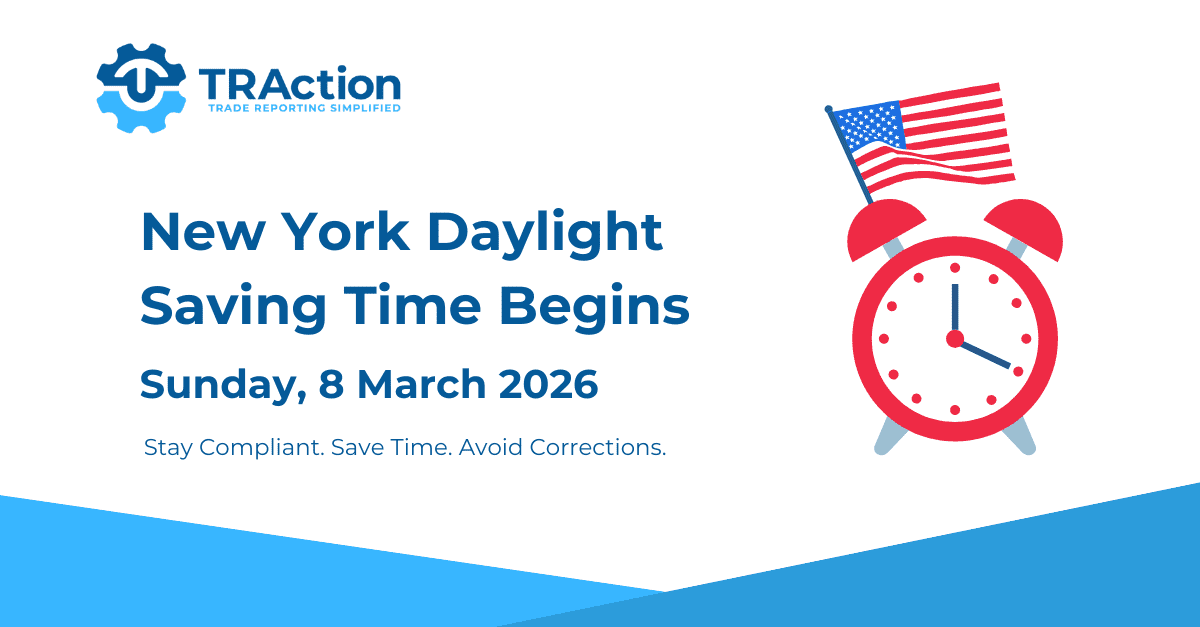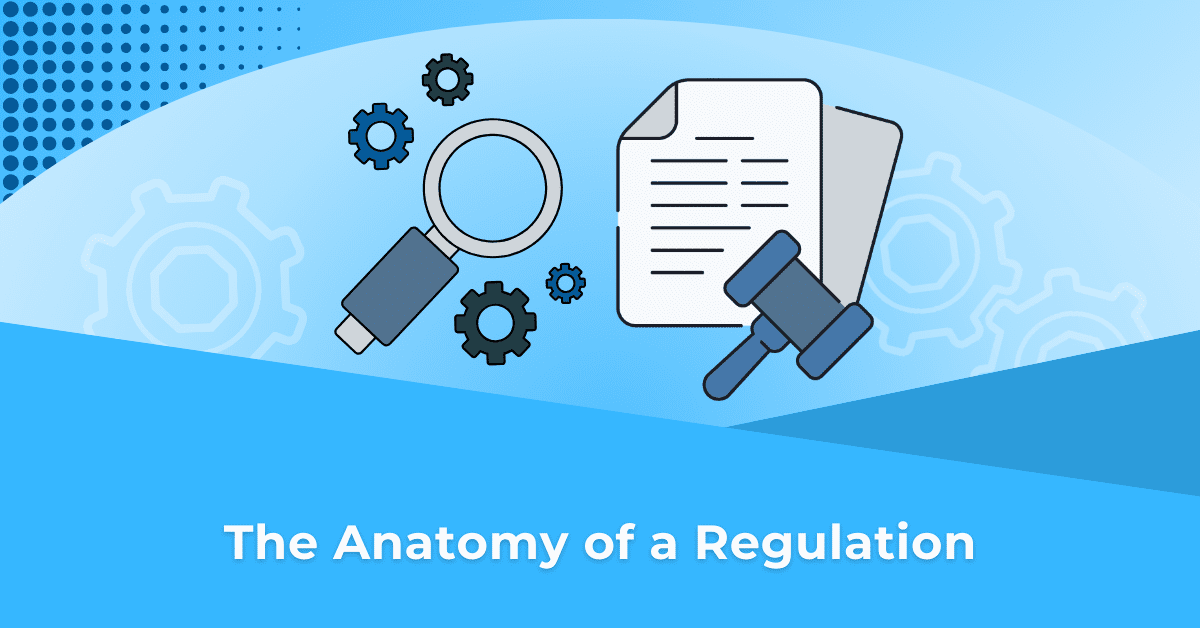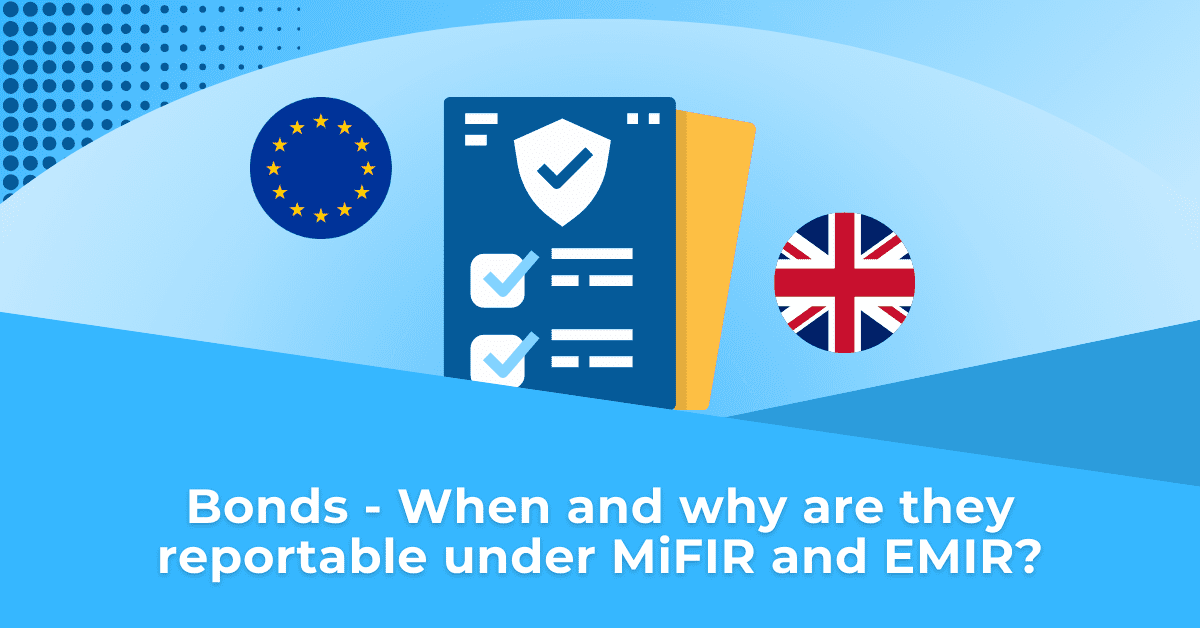From 20 October 2025 onwards, OTC derivatives with an Australian operational mark may be in-scope under the ASIC Rules and therefore reportable. ASIC and other global regulators (such as FCA, Cysec, ESMA) have made no secret of their desire to protect their local retail clients from investment products that they consider inappropriate for them. They are keen to get a better understanding of the scale of operations and take-up by their residents of these products through offshore providers following significantly curtailed operations by their local providers.
Despite the broad nature of the descriptions and consultation by ASIC, the definition of ‘nexus derivative’ is significantly curtailed by other provisions and definitions in the ASIC Rules.
ASIC’s next steps
TRAction expects that ASIC will seek to press its regulated population, and thereafter those it suspects to be operating in Australia (either directly or through their information-sharing agreements with other offshore regulators), about their compliance with the ‘nexus derivative’ provisions. Therefore we consider it important for all firms to review these provisions and ensure they have properly documented their position with respect to their entire global operations.
A Reporting Entity that enters into a Nexus Derivative?
We encourage anyone exploring the concept of ‘nexus derivative’ further to first establish clearly if they are, or should be, captured by the definition of Reporting Entity based on the activities they are conducting. This is particularly important for firms who are carrying out the activities contemplated by ASIC’s commentary and regulatory guides, yet are not holding an AFSL or meeting the definition of ‘Exempt Foreign Licensee’ in Australia and globally where there is a connection with Australia (e.g. clients, personnel).
What is a Nexus Derivative?
The ASIC Rules (Rule 1.2.3) have defined a ‘nexus derivative’ to be an OTC Derivative to which a Reporting Entity is a counterparty, at least one of the functions below relating to the OTC Derivative will be performed on behalf of the Reporting Entity (that is party to the OTC Derivative) by:
(i) someone who is ordinarily resident or employed in Australia; or
(ii) is part of a desk, office or branch of such responsible entity (or its associate) in Australia
- in a role that deals with the price, level, rate or other economic terms of the OTC Derivative (Terms);
- communicating to the proposed counterparty any of the Terms on which the reporting entity is willing to enter into;
- agreeing or offering to enter into the OTC with a proposed counterparty or inviting an offer in the reverse; or
- managing the financial risk arising from the OTC.
ASIC’s RG 251.69, provides a simpler interpretation of the defined term – that a ‘nexus derivative’ is:
“an OTC derivative in relation to which Australian-located staff of a foreign entity are involved in one or more functions of pricing, seeking or providing quotes, structuring, offer and/or acceptance or managing its financial risks and a reporting entity is a counterparty.”
ASIC RG 251 also provides that the test in determining if an OTC derivative is a nexus derivative is “based on the functions performed by the persons involved in executing the relevant derivative transaction.” The aim here is to capture functions that are akin to ‘salesperson’ or ‘trader’ and excludes roles that are in “non-sales or trader functions such as management, counterparty risk, operational risk, finance and treasury”. However, a role or job title in an organisation is not definitive of what constitutes a nexus derivative, the function of the role must be considered.
What is a Reporting Entity?
Reporting Entities are defined in Rule 1.2.5. The key firms captured by the definition of Reporting Entity to note for the purposes of our article:
- Item 1 – Australian Entities that are and AFS Licensee or an Australian ADI.
- Item 3 – A foreign entity which is required to be registered under Division 2 of Part 5B.2 of the Corporations Act, AND is:
- An AFS Licensee; or
- An Exempt Foreign Licensee
Are foreign retail platforms and their offshore brokers caught?
ASIC’s Consultation Paper 375 provides that a ‘nexus derivative’ includes an OTC derivative under which a key role (as described above) that is associated with some form of execution of the trade is “performed by a person ordinarily resident or employed in” Australia. However in the ASIC Rules which were implemented, the definition of “Reporting Entity” which qualifies the reporting obligation, significantly curtails the practicalities of what needs to be reported as a ‘nexus derivative’.
This statement is particularly relevant to foreign retail brokers and margin FX/CFD platforms that service Australian clients remotely. Some of the key questions arising in the industry have included:
- Would foreign retail trading platforms with Australian clients meet the proposed nexus definition as it requires roles or functions to be done by a person that is resident or employed in Australia?
- Do such foreign firms have to establish onshore Australian presence to be in-scope?
- Alternatively, do such firms have to be completely offshore to remain out-of-scope?
The answer to the above depends on first meeting the definition of Reporting Entity, and then the presence of Australian based personnel or systems.
Next steps
- Review the definition of Reporting Entity: Are you and/or any of your related entities considered Reporting Entities under the ASIC Rules?
- Re-assess cross border issues: Foreign firms dealing with Australian clients may fall under the ‘Reporting Entity’ classification under the ASIC Rules. If they do, they should understand what is required by them under the ASIC Rules. Firms that are Australian and delegate to offshore counterparties must ensure that such offshore counterparties understand and meet the ASIC requirements.
- Analyse your OTC derivatives in terms of nexus: For those firms that are offshore, consider and further analyse if you have any functions that are performed in Australia. If there are any derivative related functions or roles in your firm that are involved in pricing, offering or execution, consider if they are performed even partially in Australia. A single role or function within these areas in Australia can trigger reporting under the ASIC regime e.g. a sales manager working from Australia for your offshore firm.
- Review contracts and policies: Update your compliance manuals, outsourcing agreements, single sided relief letters (if applicable) and disclosure documents to include reporting triggers and responsibilities within the organisation (looking at their location and placement) given the new test.
How can TRAction assist?
For firms that are subject to trade reporting requirements and need assistance in understanding the ASIC Rules and how this may impact your firm, please get in touch with us. We also offer delegate trade reporting services for clients that are in-scope of other regimes such as EMIR, MiFIR, SFTC, CFTC and MAS.




